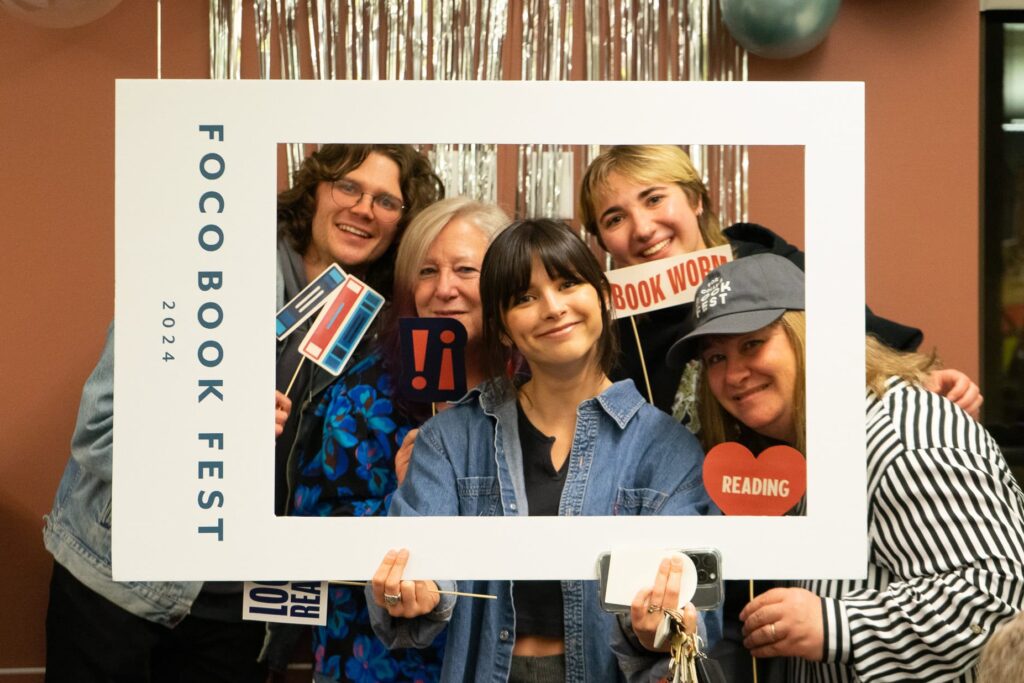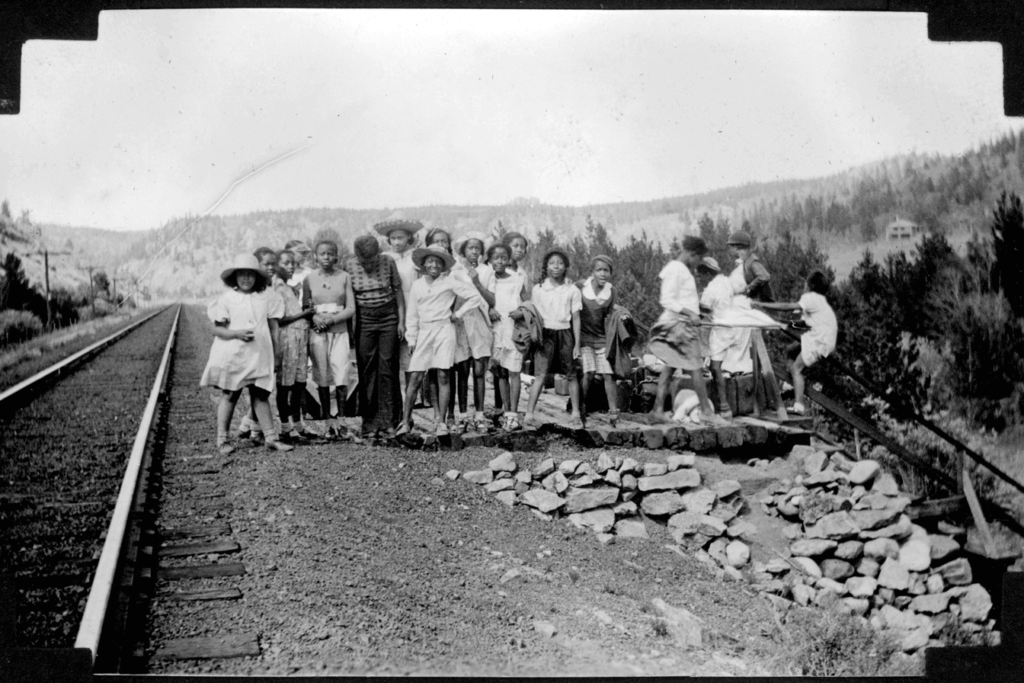
By Annaclaire Crumpton
It’s Black History Month! This month, we honor the unique contributions of Black individuals who shaped Colorado and recognize the discrimination, prejudice, and challenges they faced and continue to face today.
Last year, we shared the stories of remarkable Black figures in Fort Collins history. Below, are the stories of Black individuals, leaders, and communities from across the state. To explore local Black History, read our Black History article from last year.
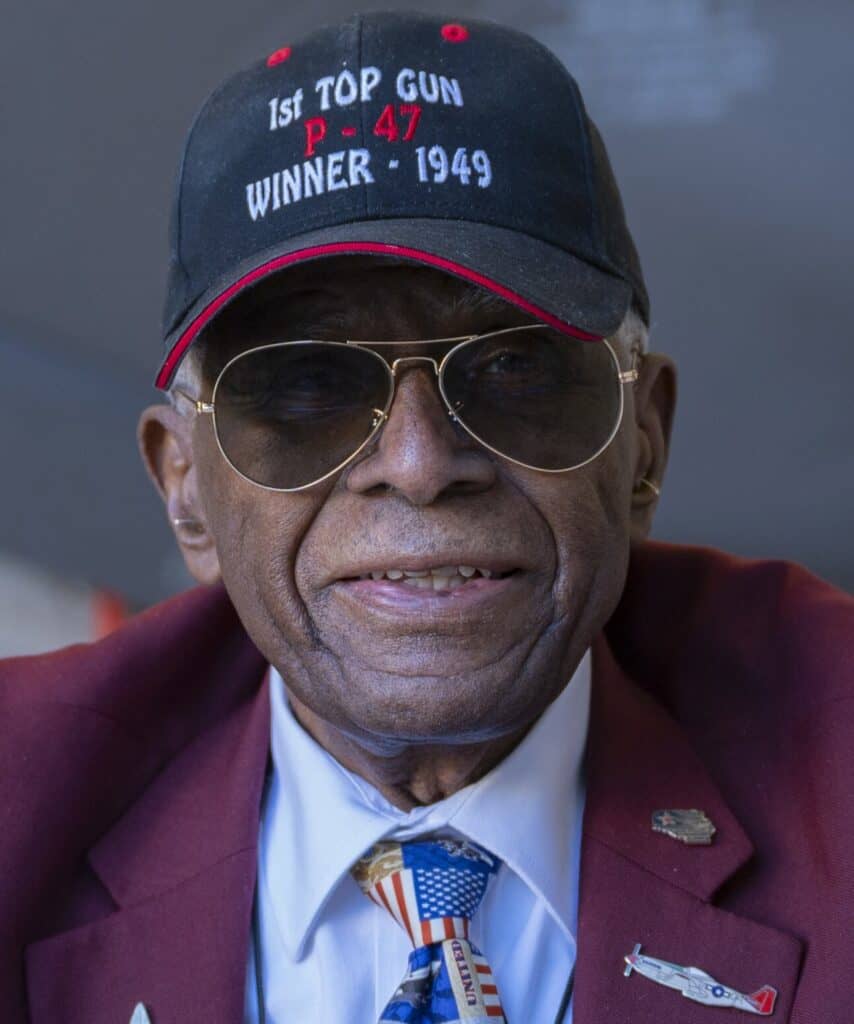
James H. Harvey
If you attended the MLK Day celebration at Colorado State University last month, you may have gotten an intimate view into the remarkable life of James H. Harvey – the grandfather of this year’s keynote speaker Panama Soweto. He is best known as a Tuskegee Airmen, a group of the first Black fighter pilots to serve in the U.S. military in WW11 at a time when the nation and the military were still segregated. Harvey graduated high school valedictorian and later attempted to enlist in the military in 1943. He was denied entry due to his race. Just three months later, Harvey was drafted into the military and trained as a pilot.
Despite the institutional and societal barriers set in place to challenge Tuskegee Airmen like Harvey, he completed training, served in two wars, and went on to win the U.S. Air Force’s Top Gun competition (a grueling 10-days of aerial acrobatics.) Eventually, he relocated to Denver where he lives today. He received the Congressional Medal of Honor in 2006 in addition to over a dozen other military awards over the course of his 25 years of service. In retirement, he’s an active member of Tuskegee Airmen Inc., which has raised over 1 million dollars in scholarship funds for high-performing high school graduates. He is Colorado’s last remaining Tuskegee Airman and will turn 100 years old in July 2023.
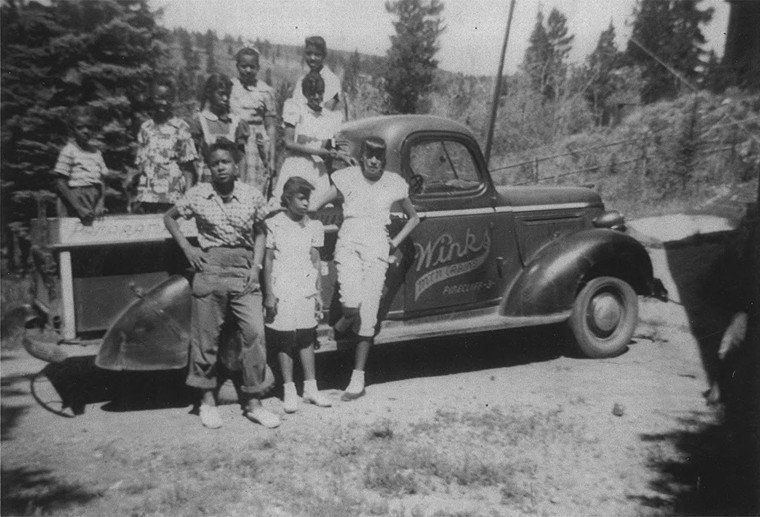
Lincoln Hills
Tucked into the mountains, Lincoln Hills is a beautiful area of the state with a remarkable history. Lincoln Hills was once the only resort for African-Americans west of the Mississippi and at the time of its founding, was just one of three resorts that specifically catered to African-Americans. In the early 1920s, Denver’s Five Points neighborhood had a booming Black population. At the same time in history, the Ku Klux Klan infiltrated Denver politics; this, in addition to pre-existing segregation, lead to increased racial tensions and race-related violence. In an effort to establish a space for Black families to come and enjoy the outdoors, Denver businessmen E.C. Regnier and Roger Ewalt founded Lincoln Hills Development Company, purchasing a large swath of land outside Denver and selling small lots to families or individuals for $50-$100. Lincoln Hills offered time in the great outdoors for Black families at a time when other recreation spaces were shaped by tangible racism and prejudice.
Obrey Wendall “Winks” Hamlet eventually founded the Winks Panorama Lodge in Lincoln Hills in 1925 and built the three-story building himself out of local materials. His lodge became a hub for outdoor recreation and community and cemented Lincoln Hills as a resort destination. Hamlet was passionate about providing opportunities for young people and fostering a welcoming culture that would go on to attract individuals and families from across the nation. He had a particular passion for engaging young people in outdoor recreation and operated the lodge until his death in 1965. After Winks’s death, the lodge was passed through many hands. Today, Wink’s Lodge is run by Lincoln Hills Cares, a non-profit that fosters environmental leadership through outdoor education and recreation for young people. The organization continues Winks’s legacy through the development and empowerment of young leaders who may not otherwise have the opportunity due to economic, social, or family circumstances. To date, the organization has served over 103,000 youth in the state. Learn more about Lincoln Hills Cares here.
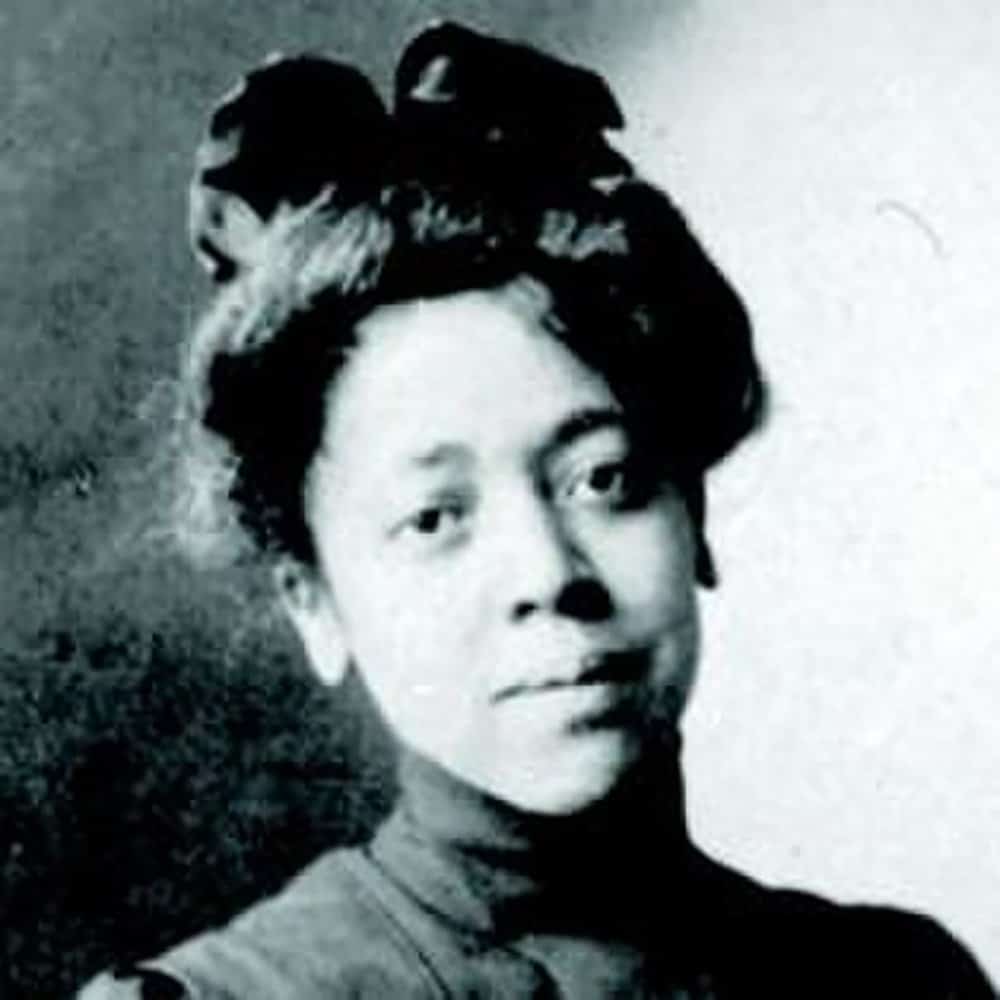
Dr. Justina Ford
Justina Ford overcame oppression, discrimination, and prejudice to become Colorado’s first female Black physician. Born in Knoxville, Illinois, Justina showed interest in medicine from an early age and eventually attended medical school in Chicago before moving to Denver’s Five Points neighborhood around 1900 where she practiced out of her home for 50 years. Dr. Ford served any patient regardless of their race, language, gender, or ability to pay; many of her patients were those who were turned away from hospitals. Those who could not afford to pay her money would instead pay her in goods and services. Justina herself was also denied hospital privileges for most of her career, making house calls to sick patients across the city. Dr. Ford specialized as an OBGYN and delivered nearly 7,000 babies throughout her career. She was affectionately known as “The Lady Doctor” by her patients. It was not until 1950 that Justina was allowed into the Colorado and American Medical Associations at which time, she was still the only Black, female physician in Denver. She passed away in 1952 in her home which is now the Black American West Museum.
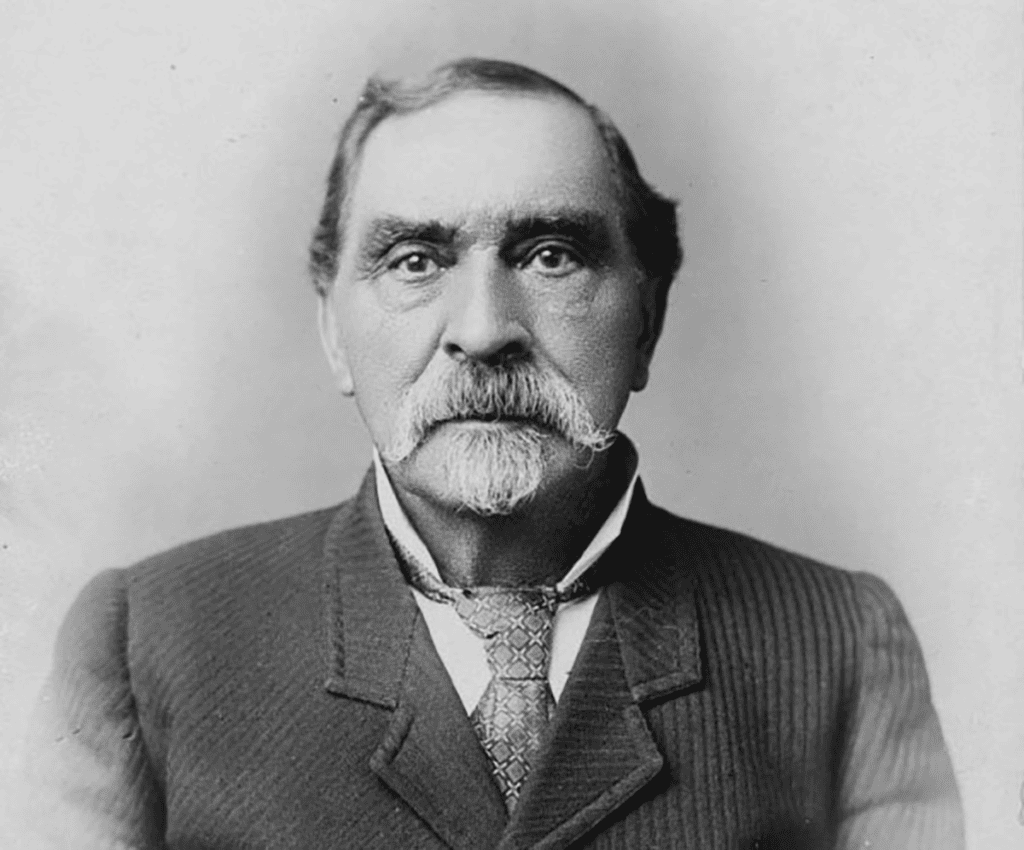
Barney Ford
Barney Ford was one of Colorado’s most successful businessmen and civil rights advocates in the late 1800s. On his path to success in business and activism, he overcame challenges, institutional barriers, and racism to become one of Colorado’s most influential citizens. Ford was born enslaved in Virginia; his father was also his enslaver. He escaped bondage in his early adulthood on the Underground Railway eventually migrating to Colorado during the Gold Rush. Barney staked a claim to land in Breckenridge but was later barred from claiming a stake because he was African-American. He and his wife Julia then moved to Denver where they opened a successful barber shop that burned down in the Great Fire of 1863. Following the fire, Ford acquired a loan that he used to create a restaurant and barber shop; it was so successful that he paid off his $9,000 loan (equivalent to $198,073 today) in just 90 days.
He left Denver for a short time after Colorado prohibited Black men from voting in 1864. For the next several years, Ford lobbied Congress against Colorado statehood until the state covered voting rights for men of color. Thanks in part to his efforts, Colorado became the first state in the country without racialized voting restrictions written into its constitution. Barney eventually returned to the Centennial state and by the 1870s, he was one of the richest men in Colorado and the owner of several hotels and restaurants.
He later opened a successful steakhouse in Breckenridge and built a home that you can still visit today for free (The Barney Ford Museum.) Beyond his business ventures, he ran an Underground Railway station in Chicago, was the first Black man nominated to the Colorado Territory Legislature, the first black man to serve on a Grand Jury in Colorado, and established a school for Black citizens in Denver. A stained-glass window depicting Barney shines light above the Speaker of the House seat in the State Capitol building, immortalizing him as one of the giants of Colorado history.
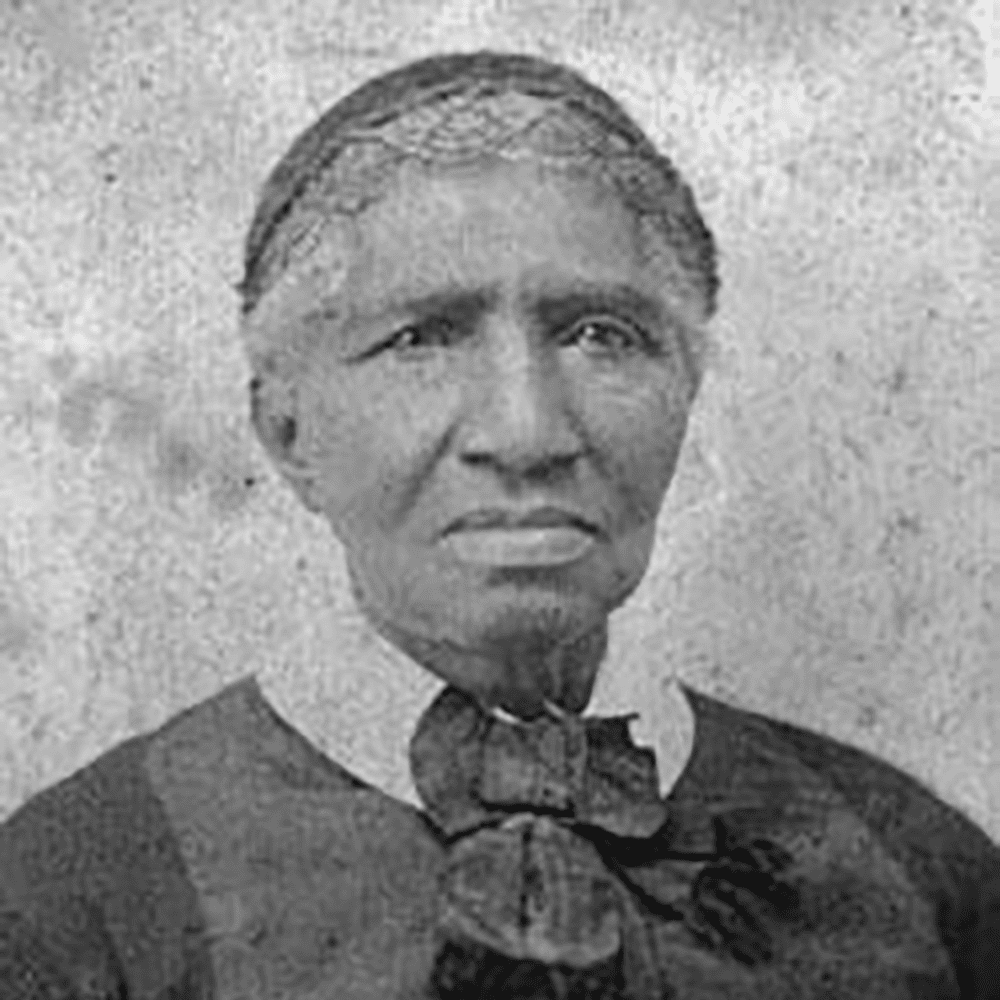
Clara Brown
Clara Brown is also known as the “Angel of Rockies” and is assumed to be Colorado’s first black settler. She was born enslaved in Virginia later at age 18 and married a man named Richard who was also enslaved; together they had four children. At age 35, she was separated from her husband and children by her enslaver at an auction; she spent the rest of her life searching for her children. She was freed by her third enslaver in 1859 at which time she came to Denver during the Pikes Peak Gold Rush. Once she reached the Centennial state, Clara ended up settling in Central City where she established the town’s first laundromat. The business was fruitful and allowed her to begin investing in mines and real estate. She accrued a small fortune (~$1 million) and used it charitably, never turning anyone in need away. Clara was affectionately known by her community as “Aunt Clara.” She also began searching for her remaining child Liza Jane while helping other formerly enslaved persons in Colorado settle in the state (one of which was another one of our Black history figures, Barney Ford.) She eventually went to Kentucky to retrieve her daughter but was unsuccessful though she returned to Colorado with 16 freed men and women who she helped settle. Clara is remembered for her pioneering role in Colorado history and her remarkable life spent helping others.
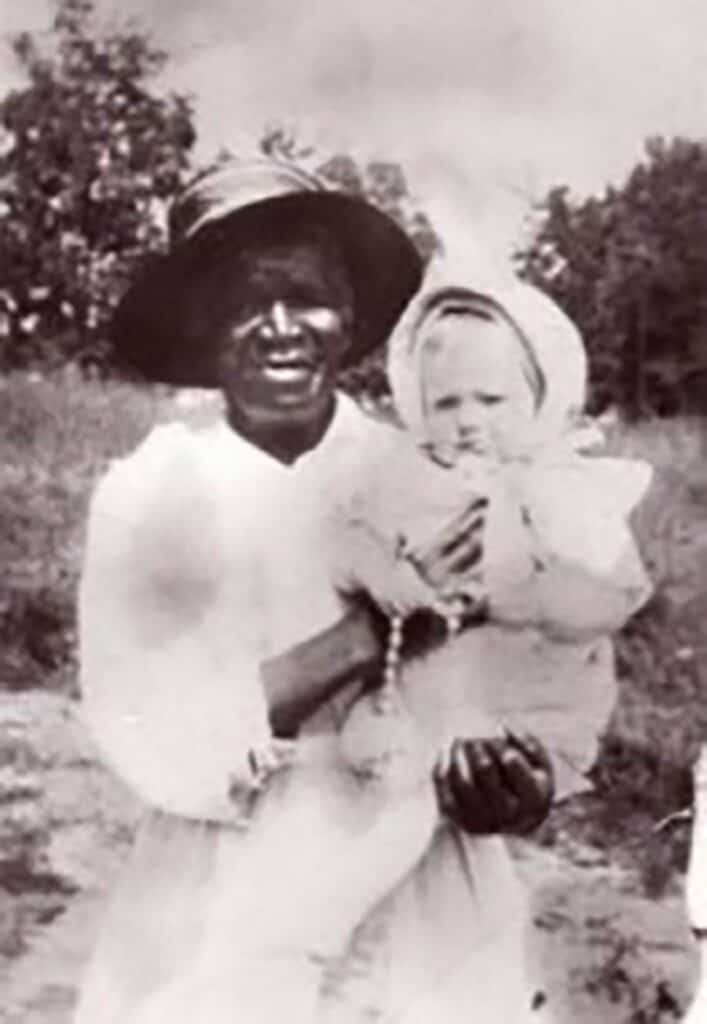
Julia Greeley
Julia Greeley is also known as Denver’s Angel of Charity. She was born enslaved between 1833 and 1848 and was later liberated by the Emancipation Proclamation. She moved to Colorado in the late 1870s. Julia dedicated herself to helping the city’s poor. Nightly, she distributed resources to impoverished families in her neighborhood in a red wagon – often working at night to avoid racial persecution. When she didn’t have resources, she found resources by forming connections with service employees, firefighters, police officers, and more. Julia converted to Catholicism in 1880 and was very active in her congregation. She lived her life caring for others and passed away in the boarding house she resided in. It’s estimated that nearly 1,000 people attended her funeral waiting up to five hours in line to pay their respects to her. Today, she is one of six Black Americans in the canonization (sainthood) process of the Catholic Church. This is the only known picture of Julia, holding Marjorie Urquhart, a child of one of the many families she served.
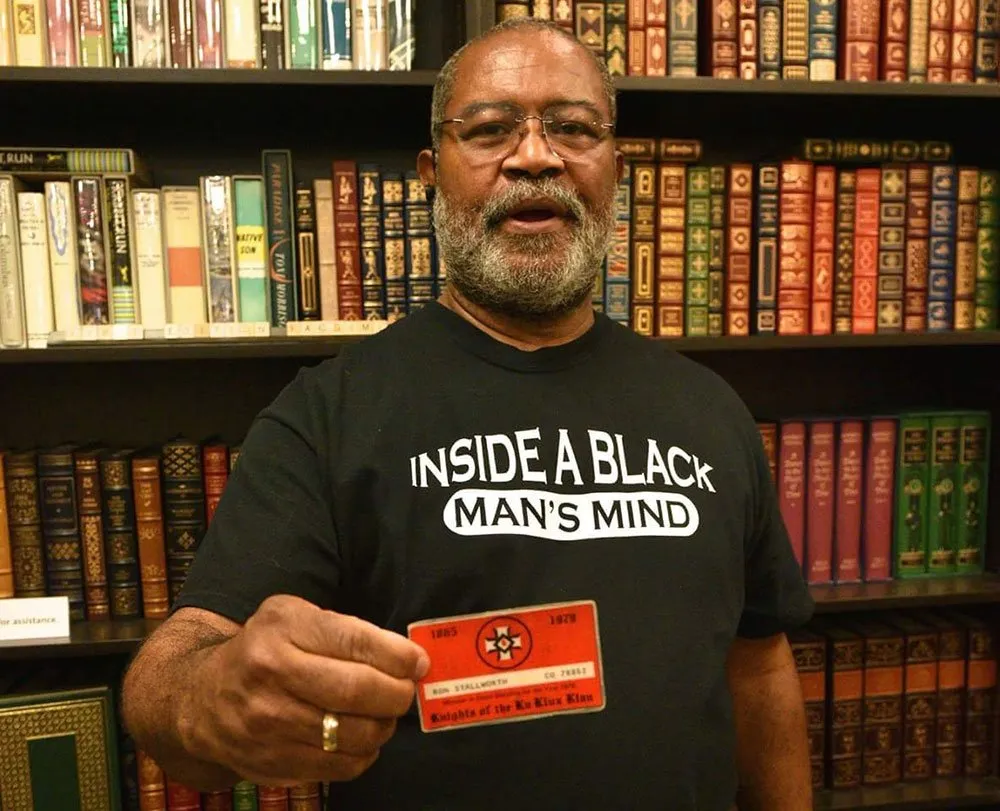
Ron Stallworth
Ron Stallworth’s remarkable story hails from the south of the state. Born in Chicago and later relocating to Texas and then Colorado Springs, Stallworth became the first black cadet and later detective in the Colorado Springs Police Department in 1972. He took an immediate interest in undercover police work; his most famous case was a brilliant infiltration of a Colorado Springs chapter of the Ku Klux Klan. Using his real name, Stallworth responded to a newspaper ad for new members to a regional branch. The branch’s leader at the time was a soldier at Fort Carson and Stallworth’s partner (a white officer) posed as Stallworth with the soldier during face-to-face interactions. Stallworth’s undercover investigation of the group took place over the next nine months. During this time, he infiltrated the organization’s ranks using phone calls and gaining inside knowledge on plots against minority groups in Colorado Springs. He famously framed his KKK membership card and kept it hung in his office for years. Ron kept this story secret for decades, first sharing it with the public in 2014 when he published his best-selling book “BlackKklansman” which was later adapted into an award-winning film. He resides today in Utah with his family. You can check out his book or the movie adaptation from our collection.

Wellington Webb
From the heart of downtown Denver to the halls of the United Nations, Wellington Webb has spent the majority of his life in public service. Webb was elected first as a Colorado state legislator, later appointed by Jimmy Carter to lead the regional department of the Department of Health, and eventually won the Denver mayoral race in 1991. His efforts shaped the Denver we know today. Webb served as Denver mayor for 12 years during which time he created more park space than any other mayor, spurred the revitalization of downtown, and helped develop bond proposals that contributed to renovations in cultural venues and libraries (including the creation of the Blair-Caldwell African American Research Library.) During his terms, Coors Field, Ball Arena (formerly the Pepsi Center), and the new Mile High Stadium were built. He also helped negotiate 25-year leases for the Nuggets, Broncos, and Colorado Avalanche.
After his time as mayor, he was also appointed by President Barack Obama as a delegate to the United Nations. As a state legislator and as mayor, Webb introduced six different bills to honor Dr. Martin Luther King in Colorado, all of which failed.
His wife, Wilma Webb was also a state legislator and introduced three bills that failed to pass until finally, in 1984, the state adopted a bill to create Colorado MLK Day which has now grown to be one of the largest MLK celebrations in the country. This year, Webb spoke at the MLK celebration and parade in Denver. Today, Webb continues to enjoy retirement and lives in Colorado with his family.
Black History Month Reading Selections
Children’s Choices
Clara Brown : African-American pioneerby Suzanne Frachetti
Justina Ford, medical pioneer By Joyce B. Lohse
Barney Ford : empresario pionero by Jamie Trumball
The Watsons go to Birmingham–1963by Christopher Paul Curtis
Bud, not Buddy by Christopher Paul Curtis
Elijah of Buxton by Christopher Paul Curtis
One crazy summer by Rita Williams-Garcia
Follow me down to Nicodemus town : based on the history of the African American pioneer settlement by A. LaFaye, illustrated by Nicole Tadgell
This is the rope : a story from the Great Migration by Jacqueline Woodson, illustrated by James Ransome
Lillian’s right to vote : a celebration of the Voting Rights Act of 1965 by Jonah Winter, illustrated by Shane W. Evans
Virgie goes to school with us boys by Elizabeth Fitzgerald Howard, illustrated by E.B. Lewis
Little leaders : bold women in black history by Vashti Harrison
Little legends : exceptional men in black history by Vashti Harrison with Kwesi Johnson
Timelines from Black history : leaders, legends, legacies by Mireille Harper
Your legacy : a bold reclaiming of our enslaved history by Schele Williams, illustrated by Tonya Engel
Teen Choices
Black Birds in the Sky by Brandy Colbert
Stamped From the Beginning by Ibram X. Kendi
All Boys Aren’t Blue by George M Johnson
Dark Sky Rising by Henry Louis Gates Jr.
How to Build a Museum by Tonya Bolden
The Hill We Climb by Amanda Gorman
Say Her Name by Zetta Elliott
Paul Robeson: No One Can Silence Me by Martin B. Duberman
We Are Not Broken by George M Johnson
They Better Call Me Sugarby Sugar Rodgers
Notes From a Young Black Chef by Kwame Onwuachi
Find Where the Wind Goes by Dr. Mae Jemison
Failing Up by Leslie Odom Jr.
Facing Frederick by Tonya Bolden
Lifting As We Climb by Evette Dionne
The Beautiful Struggle: a Memoir by Ta-Nehisi Coates
This is What I Know About Art by Kimberly Drew
Adult Choices
Remembering Lucile by Polly E. Bugros McLeans
Frontier grit: the unlikely true stories of daring pioneer women by Marianne Monson
Buffalo Soldiers on the Colorado Frontier by Nancy K Williams
In the country of women : a memoir by Susan Straight
Crossing the line : a fearless team of brothers and the sport that changed their lives forever by Kareem Rosser (a story of the CSU Polo Team)
Black smoke: African Americans and the United States of barbecue by Adrian Miller
The president’s kitchen cabinet : the story of the African Americans who have fed our first families, from the Washingtons to the Obamas by Adrian Miller
Soul food: the surprising story of an American cuisine, one plate at a timeby Adrian Miller
Guidebook to relative strangers : journeys into race, motherhood, and history by Camille T Dungy
Trophic cascade by Camille T Dungy
Suck on the marrow : poems by Camille T Dungy
All That Is Secret by Patricia Raybon
The fourth perspective : a C.J. Floyd mystery (Series) by Robert Greer














